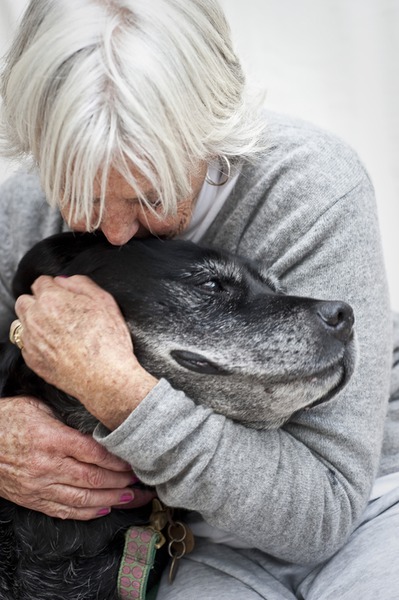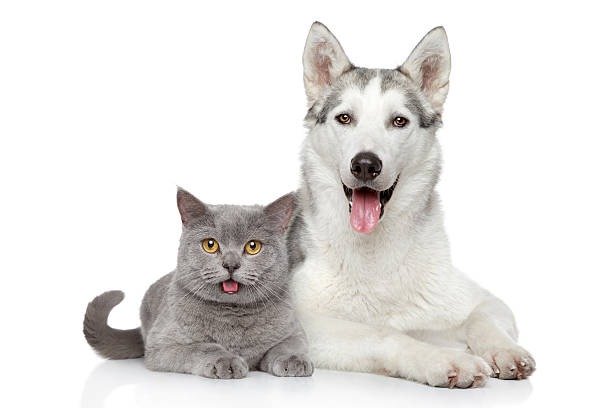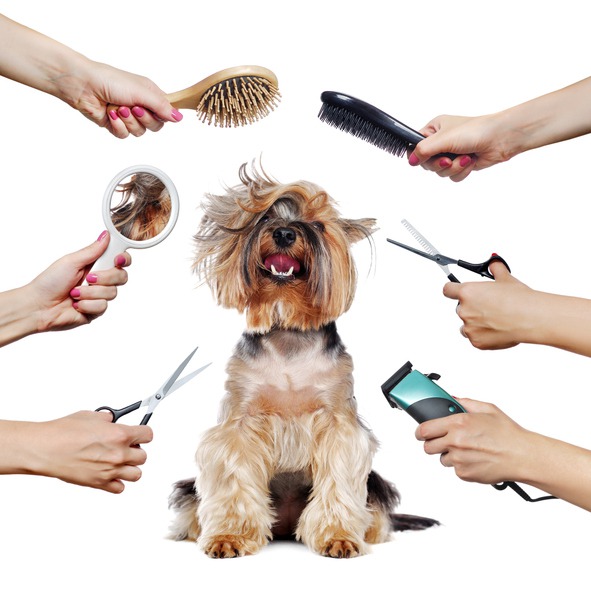As our pets enter their senior years, they need special attention and care. Just like older humans, senior pets face different health challenges compared to their younger counterparts. Geriatric veterinary care can significantly impact your senior pet’s health and quality of life. In this article, we’ll explore how this specialized care can make a difference for your aging furry friend.
Benefits of Senior Veterinary Care
Geriatric veterinary care is essential for identifying and managing age-related health issues in senior pets. Here are some of the key benefits:
-
Early Detection: Regular check-ups help catch problems early, allowing for timely intervention.
-
Preventive Care: Senior pets are more prone to conditions such as arthritis, dental disease, and kidney issues. Routine screenings and tests can detect these problems before they become severe, improving outcomes.
-
Tailored Nutrition: Vets provide customized dietary plans that can manage weight, reduce joint pain, and boost overall health. Senior pets often have different dietary needs.
-
Exercise Guidance: Vets can guide pet owners on appropriate exercise routines that cater to their pets’ abilities and limitations, helping them maintain mobility and overall fitness.
Overall, geriatric veterinary care enhances the quality of life for senior pets, ensuring they live healthier and happier lives.
Behavioral Changes in Senior Pets
With age, pets may exhibit changes in behavior. They might become less active, more anxious, or show signs of cognitive decline. Geriatric veterinary care includes assessing these behavioral changes and offering solutions to manage them. This can involve medications, environmental modifications, or specialized training techniques to enhance the pet’s well-being.
Regular Monitoring and Adjustments
Consistent follow-ups with the vet help monitor the pet’s condition and make necessary adjustments to the treatment plan. This continuous care ensures that the pet remains comfortable and enjoys a good quality of life in its golden years.
Holistic Care Approach
A holistic approach to geriatric veterinary care considers all aspects of a pet’s health. It includes pain management, dental care, proper grooming, and addressing mobility issues. Pain management is crucial, as untreated pain can greatly diminish a pet’s quality of life. Vets often use a combination of medications and alternative therapies like acupuncture to manage pain effectively.
Moreover, routine dental care is vital since dental disease can lead to other serious health issues. Regular dental check-ups and cleanings can prevent complications and keep your pet’s mouth healthy.
Identifying and Managing Chronic Conditions
Veterinary care plays a crucial role in managing chronic conditions that are common in older pets. Diseases such as diabetes, heart disease, and cancer are more prevalent in senior pets. Early detection and treatment can prolong the pet’s life and improve its quality of life. Vets can prescribe medications and recommend lifestyle changes to manage these diseases effectively.
When to Seek Geriatric Veterinary Care
It’s advisable to start geriatric veterinary care when your pet reaches a certain age, which varies by species and breed. Generally, small dogs and cats are considered seniors at around seven to ten years old, while larger dogs may be considered seniors at around six years old. Regular visits to the vet become increasingly important as your pet ages.
Signs Your Pet Needs Geriatric Care
Look out for symptoms like:
-
Decreased activity levels
-
Weight loss or gain
-
Changes in eating or drinking habits
-
Difficulty in movement
-
Behavioral changes like increased anxiety or aggression
These signs may indicate underlying health issues that require professional attention.
Choosing the Right Vet
Selecting a vet experienced in senior pet care is crucial. A geriatric vet in Franklin, TN can offer specialized knowledge and care tailored to the needs of aging pets. They can provide comprehensive exams, advanced diagnostics, and personalized treatment plans to support your pet’s health.
Supporting Overall Pet Health
Geriatric veterinary care isn’t just about treating diseases. It’s about enhancing your pet’s overall well-being and ensuring they live a comfortable, happy life. Vets focus on preventive measures, pain management, nutrition, and mental stimulation to support the pet’s health holistically.
Preventive Care is Key
Preventive care includes regular vaccinations, deworming, and flea and tick control. A pet vaccinations clinic offers the necessary immunizations to protect your pet from common diseases. Keeping vaccinations up to date can prevent illnesses that could complicate other health conditions in senior pets.
Keeping Your Pet Mentally Stimulated
Mental stimulation is just as important as physical health. Engage your pet with puzzles, games, and new activities to keep their mind active. This can help delay cognitive decline and reduce anxiety.
Balanced Diet and Exercise
Providing a balanced diet rich in essential nutrients supports your pet’s health. Senior pets may benefit from foods designed specifically for older animals, which include ingredients that support joint health, digestion, and coat condition. Additionally, maintaining an appropriate exercise routine helps manage weight and keeps muscles strong.
Your Role as a Pet Owner
As a pet owner, you play a vital role in your pet’s health. Regular vet visits, following prescribed treatments, and monitoring your pet’s condition are crucial. Pay attention to any changes in your pet’s behavior or health and share these observations with your vet.
Creating a Comfortable Environment
Ensure your home is comfortable for your senior pet. Provide soft bedding to ease joint pain, and make food and water easily accessible. If your pet has mobility issues, consider ramps or steps to help them move around safely.
Remember, senior pets need your patience and understanding. Be compassionate and attentive to their needs, and seek professional help whenever necessary.
Final Thoughts
Geriatric veterinary care can greatly improve your senior pet’s quality of life. From early detection of diseases to managing chronic conditions, personalized care makes a significant difference. Ensure regular vet visits, provide a balanced diet, and keep your pet mentally and physically stimulated to help them enjoy their golden years to the fullest. Your dedication and love can have a profound impact on their well-being.





